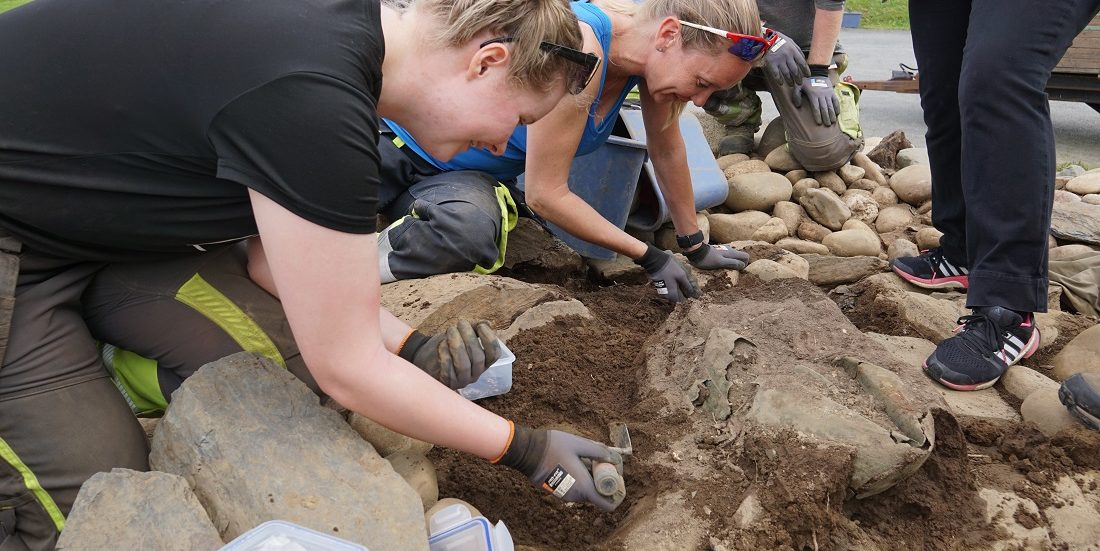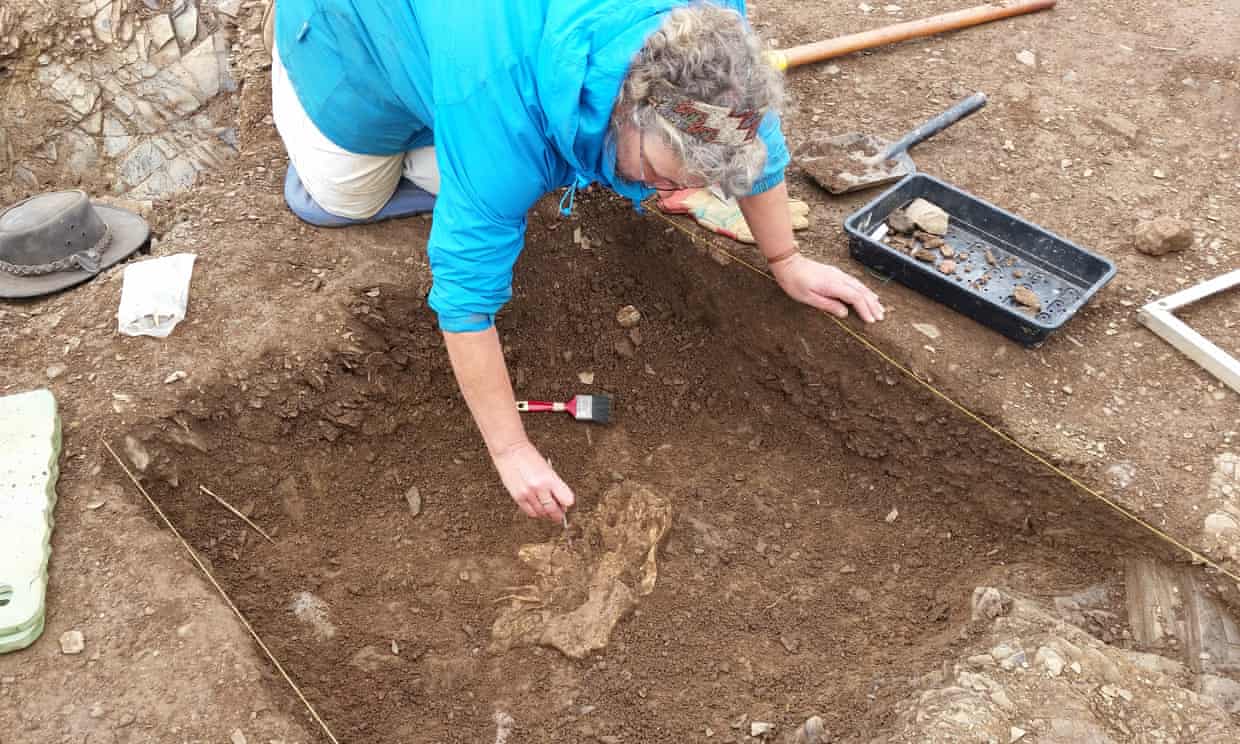Archaeologists called the find a ‘very important’ part of the history of the Roman empire
(Picture: PA)
Builders were surprised to uncover a Roman fort underneath a bus station in Exeter.
The military structure was unexpectedly discovered while archaeologists oversaw routine excavation ahead of the site’s redevelopment.
Experts say find shows how much history has survived despite the city being pounded with bombs during WWII and plenty of construction work being carried out ever since.
The present bus station was constructed in the early 1960s, back when there were no planning requirements for developers to record historical remains.
Read the rest of this article...


